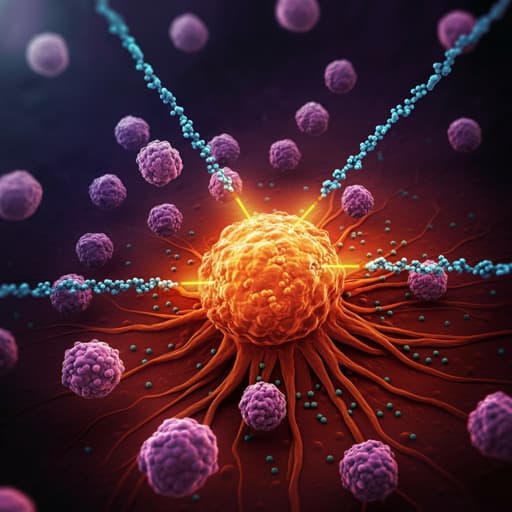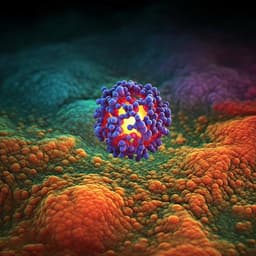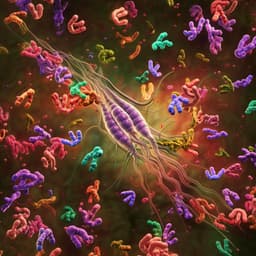
Engineering and Technology
Nanoparticles and convergence of artificial intelligence for targeted drug delivery for cancer therapy: Current progress and challenges
R. P. Singh, A. Natarajan, et al.
Discover how the innovative fusion of nanoparticles and artificial intelligence is revolutionizing targeted drug delivery in cancer therapy! This review by Ravindra Pratap Singh, Arunadevi Natarajan, Deepak Kumar, Kaushik Pratim Das, and Chandra J explores the promising advances and challenges in making chemotherapy more effective and personalized.
~3 min • Beginner • English
Related Publications
Explore these studies to deepen your understanding of the subject.







